 Metabolic Health
Metabolic Health
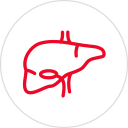 Liver Health
Liver Health 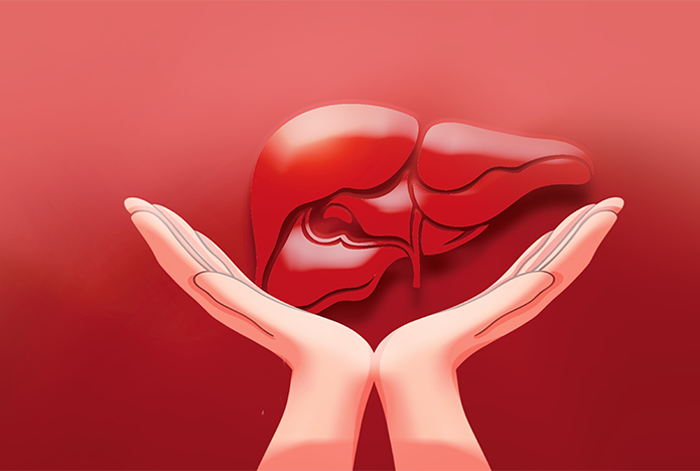
Potency
600B CFU/g
Formulation
Bifidobacterium animalis subsp. lactis
Lacticaseibacillus rhamnosus
Pediococcus pentosaceus
Product Introduction: Liver Health
Protect Your Liver
This advanced probiotic formulation supports liver health by promoting gut-liver axis function and reducing systemic inflammation. Powered by the strains Bifidobacterium animalis subsp. lactis, Lacticaseibacillus rhamnosus, and Pediococcus pentosaceus, this blend works to:
Enhance gut barrier integrity, reducing harmful endotoxin translocation to the liver,
Alleviate liver inflammation and reduce markers of liver damage,
Modulate gut microbiota to balance Firmicutes/Bacteroidetes ratios, supporting lipid metabolism and reducing hepatic fat accumulation,
Protect against oxidative stress and maintain liver cell health through anti-inflammatory cytokine regulation.
This blend offers a natural, science-backed solution for protecting and nurturing liver health, supporting metabolic and detoxification processes effectively.
Professional Production Environment
100,000 level (partial 10,000 level) GMP purification workshop,
Constant temperature (28℃)
Constant humidity (35%) environment
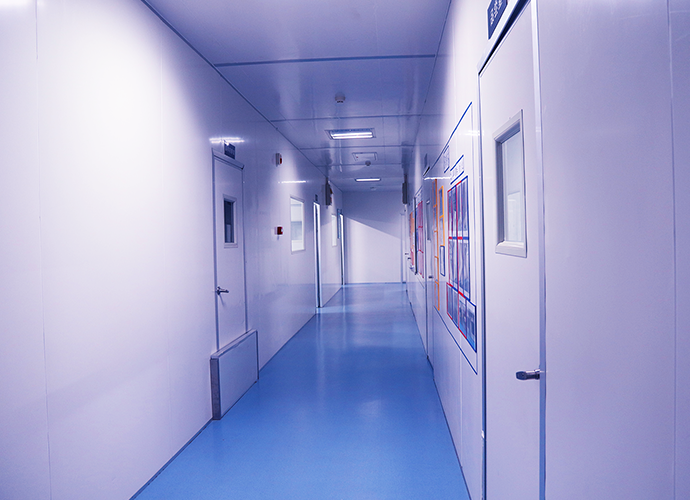
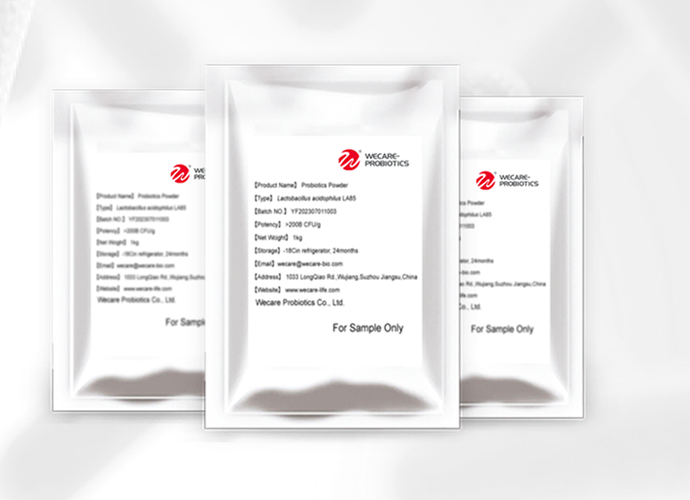
Convenient packaging
We adhere to using safe and portable packaging, with our products enclosed in triple-layered, high-barrier composite aluminum foil bags, which ensures the isolation of probiotics from external air, and guaranteeing the viability of the probiotics effectively.
40,000+ Strain Resources

GRAS certified
Allergen free
SCI / Patent supported
High survivability
Non-GMO verified
Clinically studied
High colonisation
Precise function
High potency
Low water activity
Cost-effectiveness
High stability
Fast delivery
cGMP standard
Excellent batch stability
Stable supply chain
Advanced equipment
-
 Dietary Supplement
Dietary Supplement -
 Food
Food -
 Dairy
Dairy -
 Precision Medicine
Precision Medicine -
 Personal Care
Personal Care -
 Feed Additive/Pet
Feed Additive/Pet




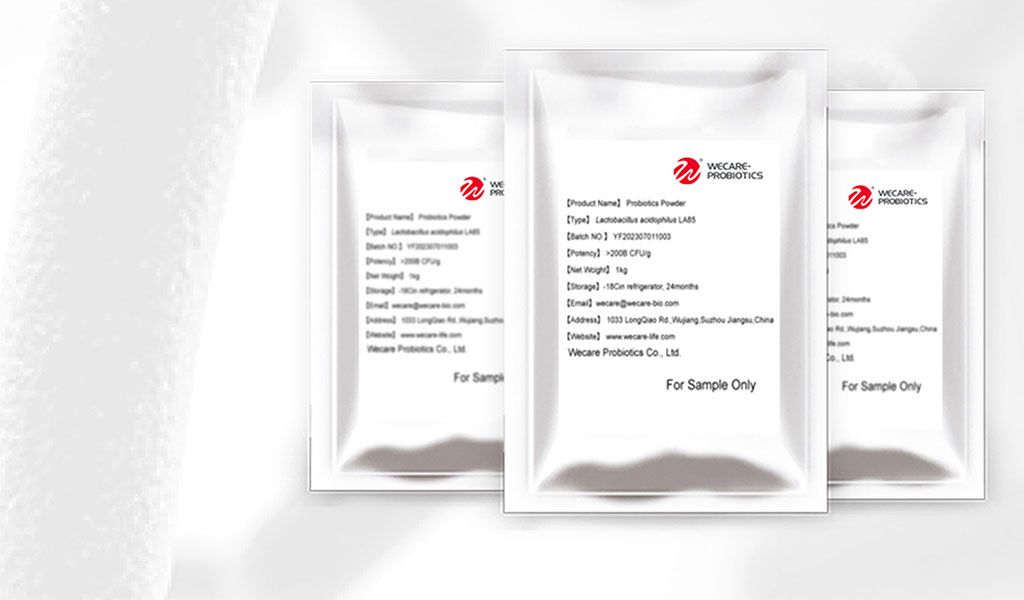
 Leave a Message
Leave a Message Email
Email Linkedin
Linkedin